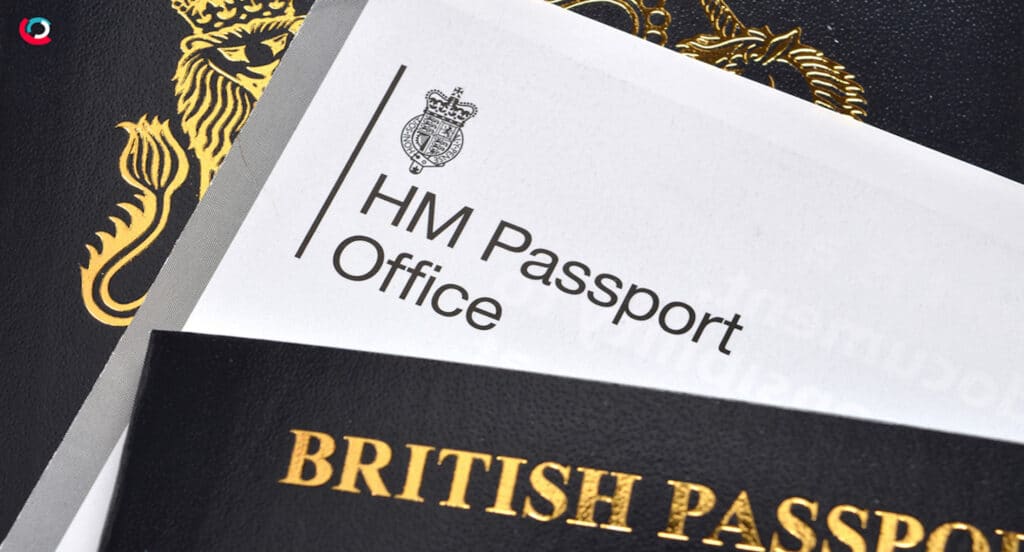by Baya Faure
Contributor: Claudia Gualdi
Following the United Kingdom’s official exit from the European Union and the COVID-19 pandemic, travel in and out of the country continues to be challenged by new travel rules, particularly pertaining to passport validity. Ideally, once tickets are booked and visas approved, travellers are ready to depart. However, failure to match the passport validity requirements may preclude entry. Here, we outline the varying requirements for travel document validity. Avoid any unpleasant surprises when travelling to the EU with a UK passport!
Travelling with a British passport in the EU
Generally speaking, the ‘6-month rule’ that most countries adhere to requires passports to be valid for at least 6 months prior to departure. Some countries, including those in the Schengen Area, prescribe a 3-month validity period.
When travelling with a UK passport, you don’t need a visa for short-term trips (up to 90 days in a 180-day period) into the EU, or countries in the Schengen area.
Before Brexit, British nationals could freely travel to the EU with a valid passport, even when the travel document was due to expire on the day after return. The European Commission has since developed new rules. These limit how long non-EU citizens can spend in the zone based on passport validity and issuance date. The passport must have been issued within the previous 10 years. It also must be valid for at least three months after the day you plan to leave.
Various requirements
Being turned away at boarding due to an inadequate travel document’s validity can be financially draining, which is why UK travellers are encouraged to find travel insurance that covers any last-minute cancellations. Similarly, it is essential to check each EU country’s specific domestic entry rules, particularly those outside the Schengen Area. Romania, for example, requires British citizens to have a valid passport for at least six months from their date of arrival. Additional requirements, now apply to UK citizens as they qualify as ‘third-country nationals’ under EU legislation. As such, travellers may be required to provide proof of sufficient funds, return flights or proof of lodging.
In Spain, British nationals now must have a minimum of 810 euros in funds upon entry regardless of the length of stay. New requirements are set to be introduced by the end of 2023. Most notably, the registration on the EU’s Entry/Exit System (EES), which would require non-EU citizens to register via an automated IT system (by scanning passport or other travel documents) when crossing a border into or out of the EU, and the European Travel Information and Authorisation System (ETIAS), a travel authorisation for visa-exempt travellers that will be mandatory to enter Europe from 2024.
Riskline’s 5 Travel Tips: how to make your next trip smooth
- Passport validity. Check your passport’s expiry and issuance dates. Make sure your British passport was issued within the last 10 years and is valid. Generally, it needs to be valid for at least 3 months beyond the date on which you intend to travel.
- Case-by-case rules. Remember to always check consulate and embassy websites. Requesting assistance from travel companies can facilitate entry to a country, however, some have also been guilty of giving out incorrect information on pre-departure requirements to customers. Utilise verified and user-reviewed services.
- Passport renewal processing times. Should you need to renew your passport before your trip, check early on HM Passport Office processing times. The Passportwaitingtime.co.uk website may come in handy.
- Consider travel insurance. Most travel insurers offer cancellation cover, especially post-COVID-19.
- Apply for an emergency travel document. In the unfortunate event a passport has been lost, stolen, damaged, is full or has recently expired, British nationals can apply for an emergency passport to get back home.

